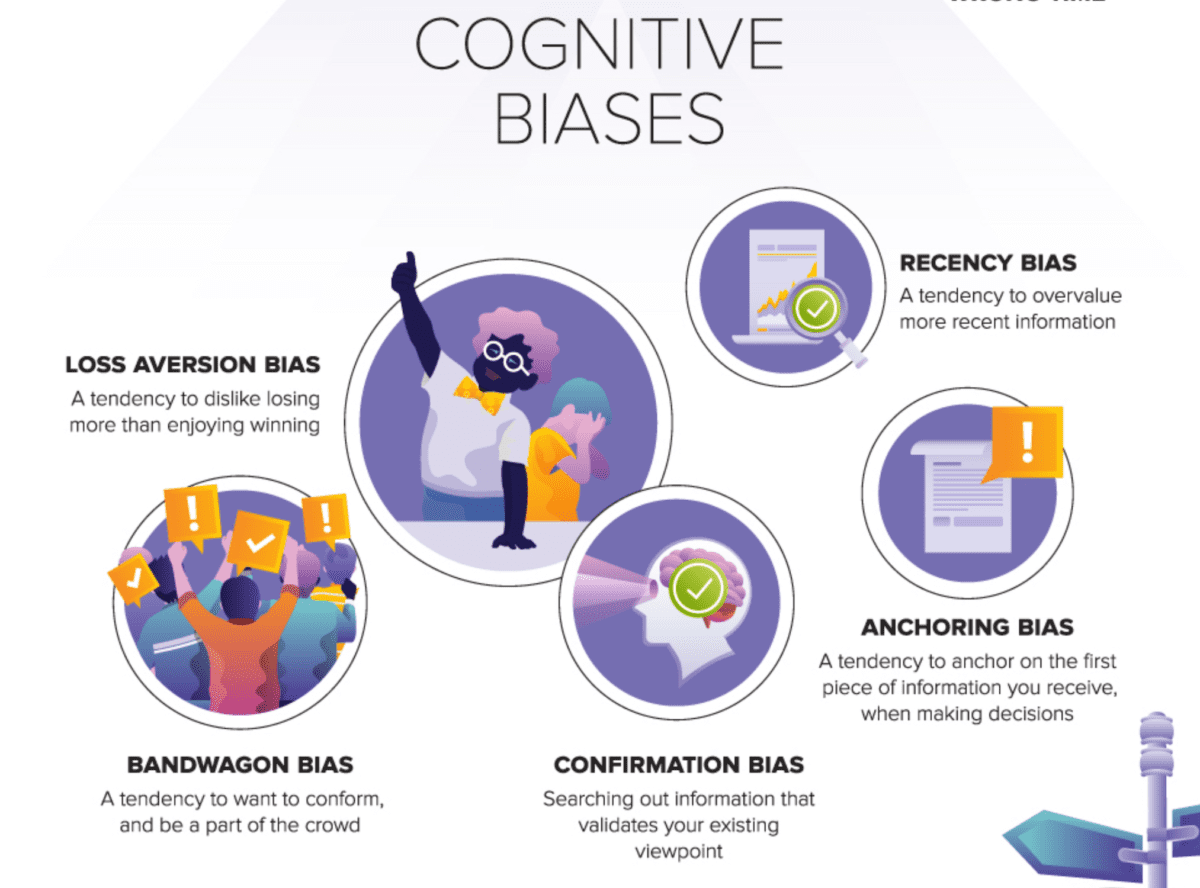Recency Bias – we like to show multiyear trends to show that the change is “real.”
Loss aversion – our data show both strengths and weaknesses so a discussion can talk about how to exploit the former as well as address the latter
Bandwagon Bias – Just because every retailer/supplier is doing it, our data might show it is not what the shopper really wants or needs (e.g. price promotion!)
Anchoring Bias – we benchmark to the average on everything we do. So, if a fact is “High” or “Low”, it’s an objective truth. Every buyer thinks their category is a Traffic driver because that’s what they were told by their predecessor.
Confirmation Bias – this is the biggie, particularly talking to retailers who can hold firmly onto accepted wisdom. The only way to tackle this is with quantitative evidence. Be willing to take truth unto power!
